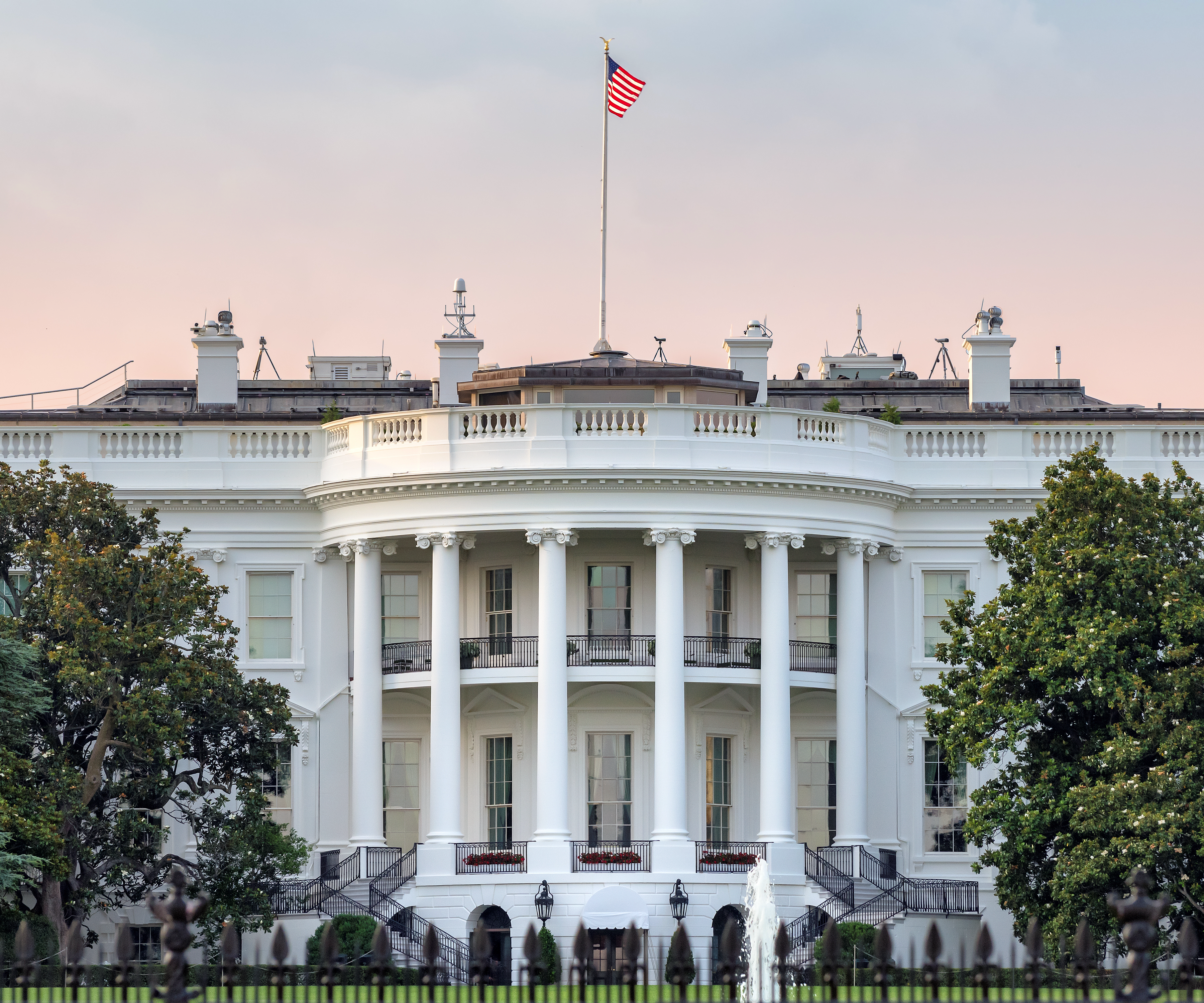In August 2022, the White House’s Office of Science and Technology Policy (OSTP) announced that as of January 2026, publications resulting from US federally funded research will have to be immediately accessible to the public (The White House 2022). COVID-19 publications might foreshadow what 2026 will look like, more generally. During the pandemic many paywalled and hybrid publishers made COVID-19 research openly available immediately to the public1 (Larrègue et al. 2020).
The OSTP announcement is a positive step for the public and likely a concern for publishers, particularly the “oligopoly”, the top five for profit publishers that account for more than 50% of all publications. While these publishers have gold OA journals (i.e., immediate release of research papers upon publication), they also have large portfolios of paywalled/hybrid journals that have made a considerable fortune from fees to enable immediate OA. In a recent analysis of the oligopoly, they have generated about $1 billion dollars in revenues from author processing charge fees between 2015 and 2018 for OA and hybrid journals (Lucas-Dominguez et al. 2021). This stream of revenues and profits might be impacted by the 2026 OSTP requirement. Publishers are unlikely to stand by and see a substantial loss in revenues. They may start offering alternative services that will allow them to maintain fees. They may offer publication packaging to reach wider audiences; they may offer lay summaries alongside abstracts or help with implementing data sharing. It is possible that the OSTP announcement may conceivably increase profits for the oligopoly—if authors are willing to pay OA article processing charges at a hybrid journal, it allows a two-way revenue stream whereby institutions pay a fee to subscribe to journal content, while authors pay to make their individual articles free.
The second part of the OSTP announcement is the requirement of immediate availability of the data underpinning the results of the research at the time of publication. When then-Vice President Biden was tasked with the Cancer “Moonshot”, he was aware of the lack of data sharing among cancer researchers. There are discipline-specific and general venues to share data, (e.g., Zenodo and Figshare). Canada has also developed repositories for researchers to share data (e.g., Dataverse and Federated Research Data Repository). These infrastructure developments have been implemented inconsistently across disciplines. For example, there is very limited uptake of data sharing practices and resources in biomedicine. In ecology, and other disciplines, the data sharing practices are more normative. While many stakeholders committed to making COVID-19 data open (Wellcome 2020), the reality is that compliance to this commitment was poor (Larrègue et al. 2020; Lucas-Dominguez et al. 2021). It is also unclear whether there is sufficient training and educational outreach in disciplines where data sharing is not a normative practice.
Are there implications for Canada regarding the OSTP announcement?
Both OA and data sharing are part of a growing global movement known as open science (OS). Universities, particularly in Europe, are calling for the integration of OS practices as part of hiring, promotion, and tenure. Unfortunately, Canada is not yet in a position of leadership in OS2. The Tri-Agencies do not provide any dedicated funding competitions for OS research nor is there public facing monitoring to track our performance and benchmark for improvement. This needs to happen for Canada to be seen as a player. Furthermore, Canada would need to invest into actions that would help foster behaviour change and education pertaining to implementing OS. Actions, including developing and funding reproducibility networks (Thibault et al. 2022) and providing free online training, are needed.
1.https://wellcome.org/press-release/sharing-research-data-and-findings-relevant-novel-coronavirus-ncov-outbreak.
Go to Footnote
2.https://science.ised-isde.canada.ca/site/science/en/office-chief-science-advisor/open-science/open-science-dialogues-summary-stakeholders-round-tables.
Go to Footnote
Immediate OA upon publication
As of today, the Tri-Agencies have no OA policy regarding the immediate release of research upon publication for their grantees. The policy that does exist is part of a legacy holdover based on a compromise between publishers and the White House during the tenure of President Barack Obama, namely an embargo period (e.g., 12 months), prior to publication. Because research is often an international endeavour, the new OSTP announcement is likely important to ensure Canada is in line with other emerging international initiatives (Barbour et al. 2022). There are other initiatives by individual publishers to make research more immediately available (e.g., Nature’s transformative agreement; Brainard 2020) and other communities to reduce the barriers associated with journal fees to publish openly (e.g., cOAlition S3).
The Tri-Agencies could also consider a zero-cost recommendation to ensure immediate OA for publication outputs from their grantees. Preprints are manuscripts published prior to formal submission to a peer-reviewed journal. There is no fee associated with putting a manuscript on a preprint server. Almost all journals allow preprinting prior to journal submission.4 The emerging body of evidence, comparing the results and conclusions reported in preprints and the subsequently peer-reviewed published version, appears to indicate little difference between both (Zeraatkar et al. 2022).
OA publishing is also an important lifeline for patients and members of the public, neither of which typically have access to paywalled articles that can be accessed through university libraries. Canada has made a strong commitment to patient partners as a central member of the research enterprise. This needs to include immediate access to the outputs of research they are involved in (Canadian Institutes of Health Research 2023).
Publications based on funded research continue to be published in predatory journals (Grudniewicz et al. 2019). These publications also leak into policy documents and other trusted sources, primarily for two reasons. Predatory publishers offer immediate OA upon publication, and their publication fee is a magnitude cheaper than that of legitimate journals (Moher et al. 2017).
3.https://www.coalition-s.org/ [accessed 5 May 2023].
Go to Footnote
4.https://v2.sherpa.ac.uk/romeo [accessed 5 May 2023].
Go to Footnote
Read the full article here


